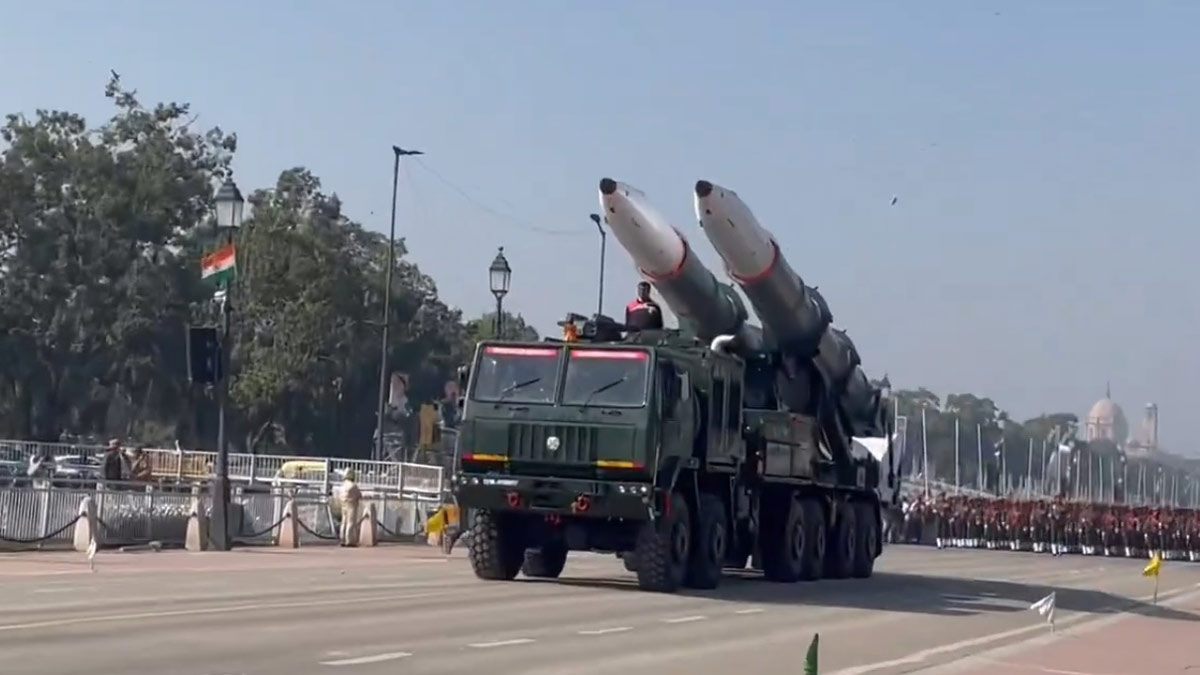Operation Sindoor gives a fresh fillip to National Technology Day tomorrow

India’s National Technology Day, celebrated annually on May 11, has an added dimension this time, with the unsettling swirling of war clouds above the nation and the role of indigenous technology on display in the last few days.
The strategic touch to the day has never been in doubt – it was announced as an annual commemoration of Indian innovation and achievement in science and technology by the then PM Atal Bihari Vajpayee after India’s successful nuclear and thermonuclear tests on May 11, 1998, in Pokhran, deep within the Rajasthan desert.
But it has acquired a poignant and assertive catalysis all of its own following the conflict on the Northern Front, with indigenous technologies like the Akash, a medium-range mobile surface-to-air missile developed by India’s own Defence Research & Development Organisation (DRDO) as well as the Tejas multi combat aircraft from Hindustan Aeronautics Limited (HAL) being used to great effect.
The maiden flight of Hansa-3, the indigenous, two-seat, light trainer aircraft designed and developed by CSIR-National Aerospace Laboratories (NAL) also took place on May 11, back in 1999. This, along with the Trishul missile system and Pokhran tests are often also cited as the commemorative reasons for National Technology Day.
The first-ever National Technology Day was celebrated one year after the Pokhran tests in 1999. The theme for the 2025 edition of the day is ‘Empowering a sustainable tomorrow through innovation,’ with the Science & Technology ministry organising events and giving away awards to innovators tomorrow.
A requirement made all the crucial during times of conflict as is being played out now, with multiple internationally bought weapons and fighter planes in use in the war, with their foreign owners getting a free trial and testing at the expense of India and Pakistan.
Additionally, the National Technology Day is also meant to encourage the startup and innovation penchant in the country. Industry and commerce minister Piyush Goyal had turned heads, and headlines when he recently called on the nation’s entrepreneurs to focus on developing deeper and higher technology than just “food delivery apps.” The last union budget had also focused on the dire need for upgrading the research and development ecosystem amongst businesses and academia, setting aside funds for the same.
With India emerging as a global player in post-digital technologies, especially with the current AI rush, many believe that the nation has a pivotal role to play by stepping up its game in deeptech in particular, and in applied science in general. As Tata Technologies CEO & MD Warren Harris said, “India stands at the cusp of a technological revolution, propelled by breakthroughs in clean mobility, fintech, artificial intelligence and more.”
Defence